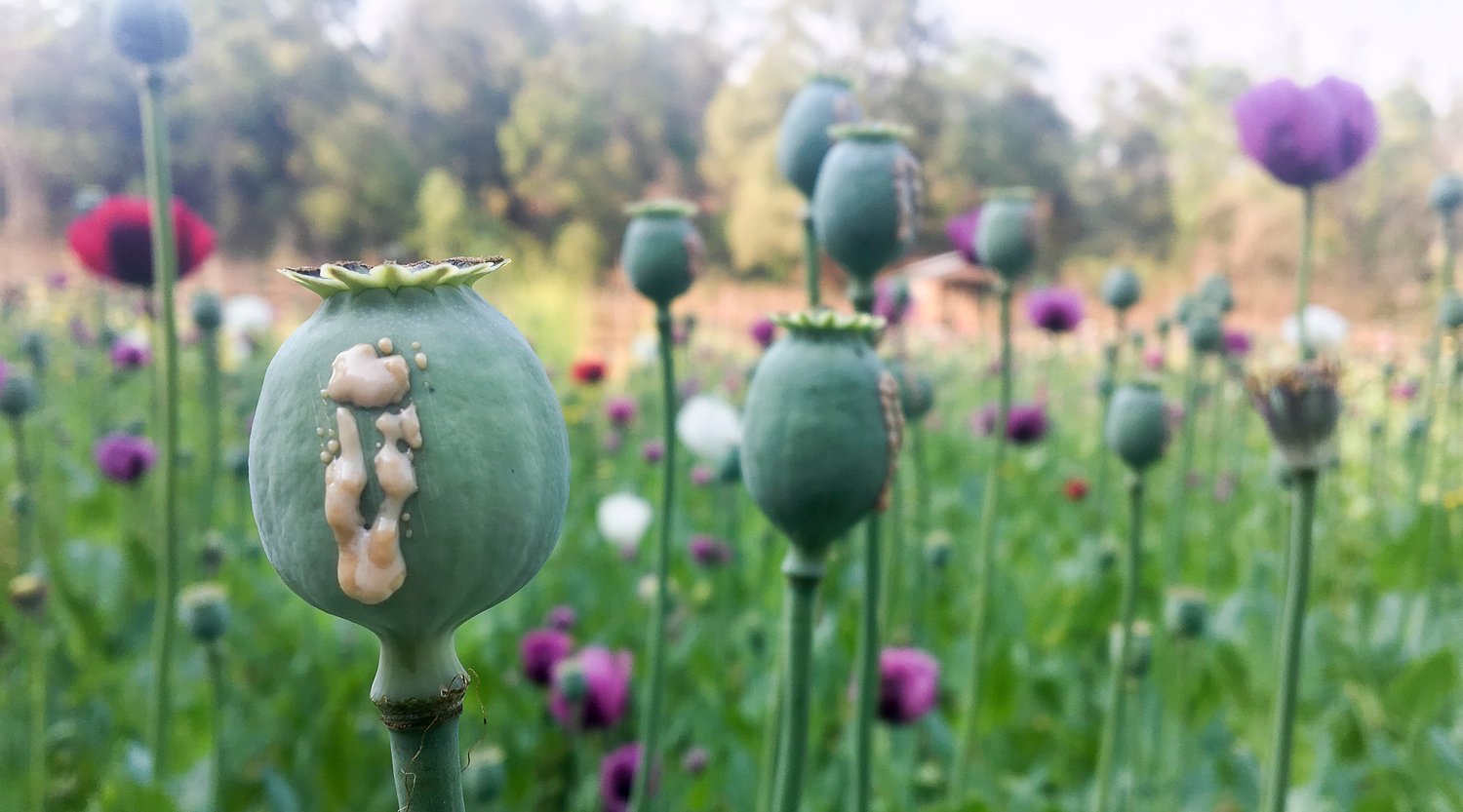By Michael McLaggan
Prominent throughout the world, illicit financial flows (IFFs) not only undermine the ability of states to collect revenue, but they also pose challenges to governance and the rule of law and provide avenues for the funding of further illicit activity. Although a global occurrence, IFFs may manifest differently at the regional level, making a uniform approach difficult. This calls for a model that is more inclusive of different types of flows than traditional understandings of IFFs, which tend to focus on financial flows within the formal system. In regions such as East and southern Africa, where informality is much higher than in the developed nations of the ‘global north’, the greater focus on formal systems does not find the same degree of applicability. This is not to downplay the necessity of observing and countering formal financial flows of an illicit nature but rather to emphasise the need to pay greater attention to informal and trade flows, which are prolific in less developed regions. This paper draws on extensive research by the Global Initiative against Transnational Organized Crime (GI-TOC) – in particular, the Observatory of Illicit Economies in East and Southern Africa – in addition to research by other international organisations, to analyse whether the ‘IFFs pyramid’ proposed by the GI-TOC (Reitano, 2022) is applicable to and useful for researchers seeking to understanding illicit financial flows in various settings around the world but especially in regions where greater levels of informality exists, such as East and southern Africa. The paper finds that the pervasive informality of markets in the East and southern African region, and their abuse by criminal actors, means that greater attention to IFFs is necessary in this sphere. Common also is the use of illicitly acquired, or otherwise illicitly traded commodities, in barter (that is, goods for goods) markets. Identified as particularly relevant is the pernicious influence of state-embedded actors, who often play substantial roles in the facilitation of IFFs and act as obstacles to policies to address them. Furthermore, vested interests of criminal actors in keeping certain industries and markets informal serve as barriers to formalisation and highlight the greater need to pay attention to informal financial flows especially. The due consideration to trade and informal flows is what makes the IFFs pyramid a useful model for understanding these flows in both global and regional settings. At the very least, the pyramid model highlights the need for holistic approaches and policy reform when considering IFFs in less developed regions.
Birmingham, UK: University of Birmingham. 2024, 33pg



